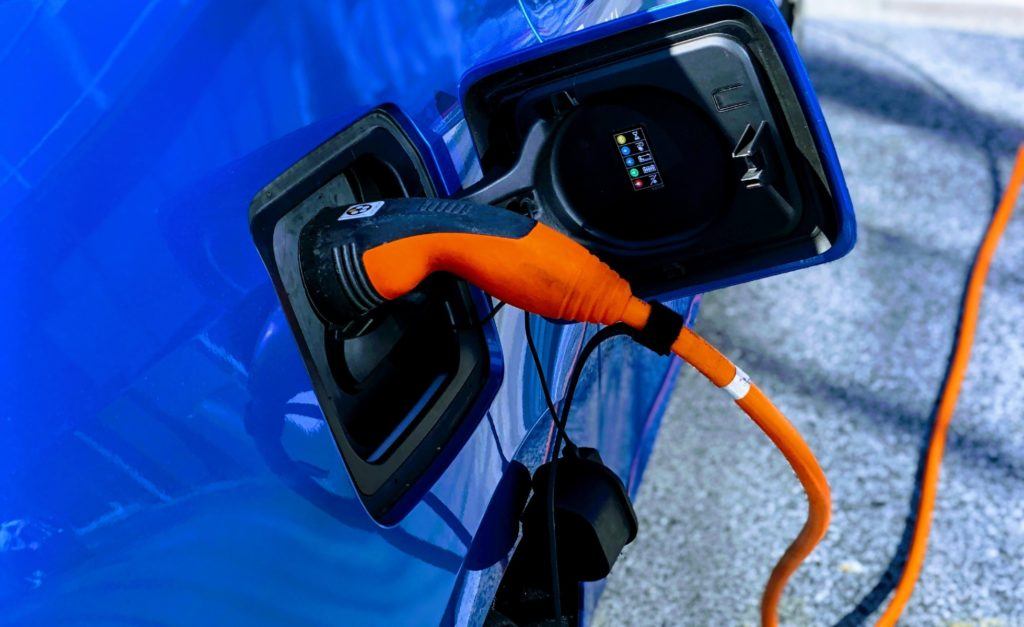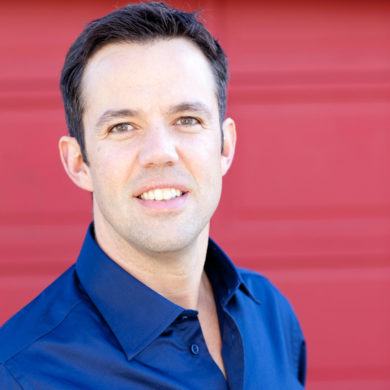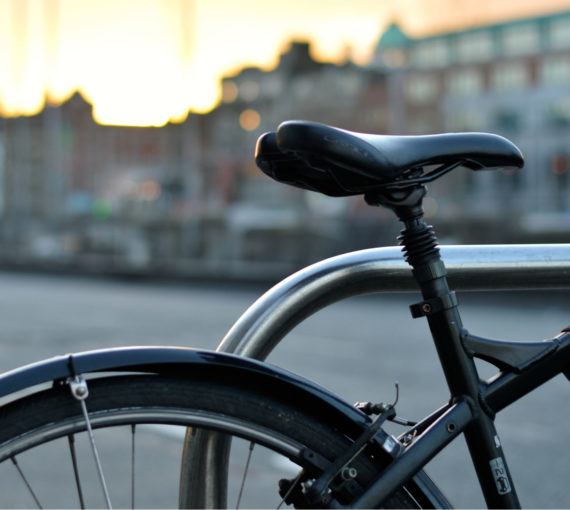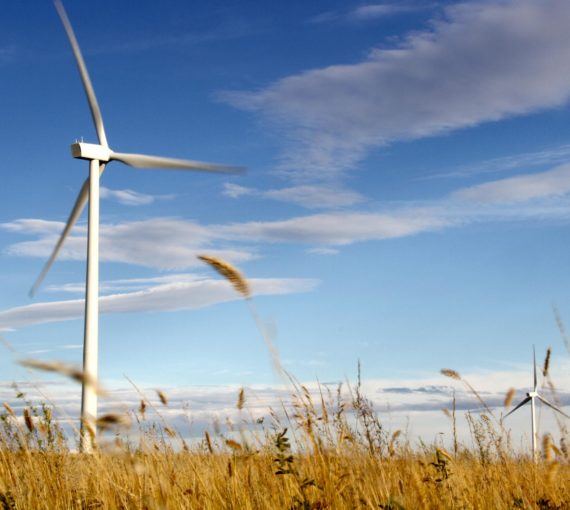Canada has a car problem. More than 40 per cent of all new vehicles sold last year in Canada were sports utility vehicles or small SUVs. There has been a huge jump in SUV sales over the past decade. Canadians drive the largest cars in the world, with the highest average fuel consumption. Most of the time, these outsized cars are carrying one occupant and contributing to traffic chaos.
No wonder pollution from the transportation sector makes up 45 per cent of Metro Vancouver’s carbon emissions. Yet the evidence, growing calls for bold climate action on the street, and 400-plus declarations of climate emergencies across the country tell us our region needs to reduce its greenhouse gas emissions from the transportation sector by 40 per cent by 2030 (relative to 2007) and zero out emissions by 2050.
As the window for making drastic emissions reductions narrows, it’s critical to choose policies that will have the biggest impact to quickly get us on the path to zero emissions. The David Suzuki Foundation’s new report Shifting Gears: Climate Solutions for Transportation in Cities finds that some of the biggest climate wins lie in unexpected places — cars themselves.
The report calls on government to prioritize the roll-out of B.C.’s zero-emission vehicle mandate legislation, which will require auto manufacturers to gradually increase the percentage of zero-emissions vehicles they sell. Other climate-winning policies include setting stronger low-carbon fuel, vehicle efficiency and emissions standards. A low-carbon fuel standard requires fuel suppliers to lower the life-cycle carbon emissions from fuels they sell. Accounting for the region’s expected population growth, doubling down on these policies is expected to significantly drop climate emissions for passenger and freight vehicles.
The best option to improve lives and address climate needs remains electrified public transit.
Does that mean our region should give up on designing cities around people instead of cars? Not at all. Connected bike lanes, walking paths and more public transit choices make us healthier and improve our well-being. Supporting transit eases gridlock and lowers commute times. The best option to improve lives and address climate needs remains electrified public transit. We need to applaud TransLink’s plan to fully electrify its bus fleet by 2040.
Transitioning to low-carbon options for vehicles has the added benefit of big health improvements. Nitrogen dioxide emitted from tailpipes leads to about one in five new cases of asthma in Canadian children, according to the recently released Lancet Countdown report. Air pollution from fossil fuel–powered transport is associated with over a thousand deaths each year in our country.
Perhaps no other sector has such a combination of ready-to-deploy solutions and a backlog of inaction that so greatly hinders progress. Despite rapid growth, clean electricity accounts for less than four per cent of energy used in transportation. What will happen as we add automated vehicles, car-share and ride-hailing to our streets? These quickly emerging options could add to gridlock and emissions if we don’t carefully plan for and regulate them. We’ll need to consider policies to reduce driving, such as mobility pricing, that have worked in places like London and Stockholm, and will be coming to New York City in 2021.
By 2040, no new fossil fuel-powered vehicles will be sold in B.C.
The good news? B.C. is going in the right direction, faster than other provinces, with 10 per cent of all new passenger vehicles sold zero-emission vehicles. Our zero-emission vehicle mandate will pay off. By 2040, no new fossil fuel-powered vehicles will be sold in B.C. Our low-carbon fuel standard, largely based on California’s and with the same 2020 target, is well-established, having been in place since 2008.
Reducing carbon emissions from the highly polluting transportation sector is proving to be one of the most promising — and essential — climate responses for cities and regions. Decarbonizing this sector also improves everyone’s health and quality of life, provides more transportation choices and helps the economy by easing traffic. The wins are enormous and the opportunities plentiful to transition to clean transportation choices.
It’s time to break the habit of driving big fuel-wasting cars. Simply electrifying big cars doesn’t cut it. Let’s use our most effective policies with supporting public transit and active transportation to drive down transportation emissions. Then we can all breathe a little easier.
This op-ed was originally published in the Vancouver Sun
Our Work
Always grounded in sound evidence, the David Suzuki Foundation empowers people to take action in their communities on the environmental challenges we collectively face.




